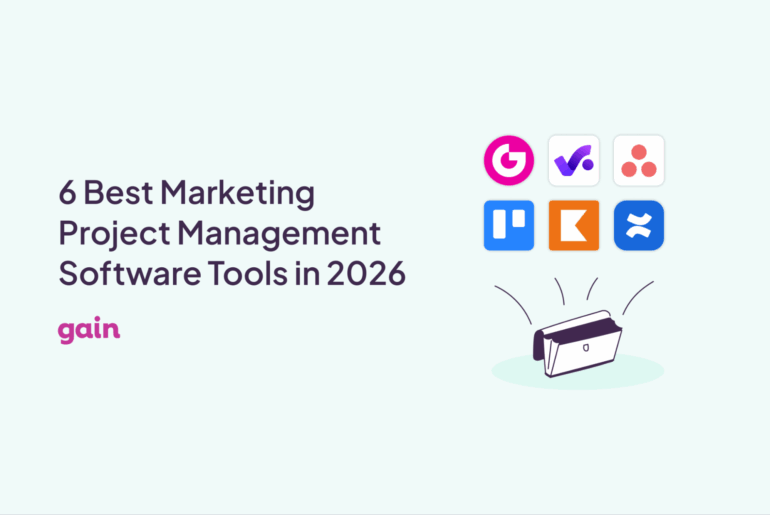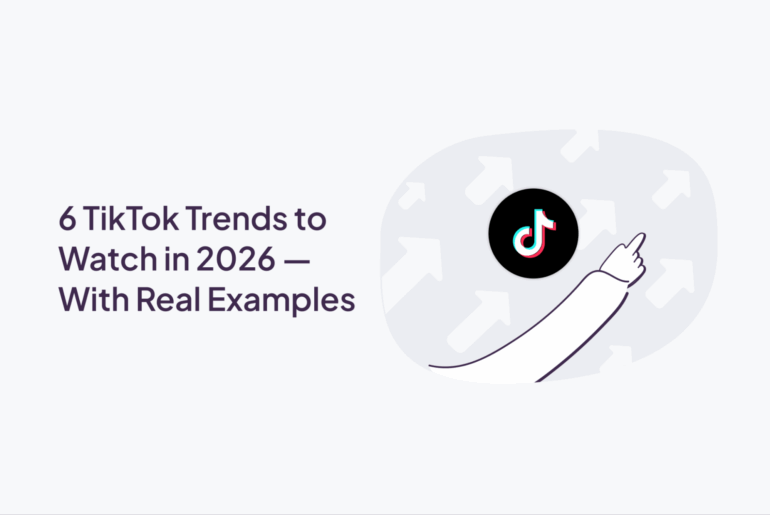As data privacy concerns heighten, most companies are tightening control over their data. Your clients may have restricted your agency’s access or not provided access at all.
However, as a marketer, you need this data to create high-performing campaigns.
It’s understandable that clients may be concerned about sharing data, especially if its data collected about their customers. And while marketing agencies might not get access to everything, there are safe ways to share data.
If you have a client that’s hesitant to share their data, here are tips on how to ask them and explain the need for access.
1. Make sure your client collects data properly
Ask your client what analytics they track and what data they collect.
Marketers should not expect access to all customer data, due to tightened regulations and GDPR; however, access to analytics is a must.
Talk to your client about the data they have and figure out what you can legally use. This may also push them to revise their data collection methods and review security measures.
2. Offer a safe data sharing solution
To safeguard against sharing concerns, offer your client a sharing solution.
Google Analytics provides four different types of permissions. If your client is wary of letting anyone at all see their analytics, they can add you on in the “read and analyze” level. This way you can see all of the information without interacting with the data.
For sharing other files, there are many tools on the market.
pCloud, for example, is an encrypted cloud storage solution. For clients that want to send secure messages, off-the-Record Messaging (OTR) is a cryptographic protocol for instant messages. And 7-Zip allows anyone to send an encrypted zip file for extra protection.
Depending on what type of information your client has, there are many secure solutions they can use to share it with you.
Clients may be more open to sharing information if they know they can do it in a safe, secure way.
3. Explain how data will make you more successful
The fact is, data-driven marketing campaigns perform much better. Relying on data means marketers don’t have to guess what the target market wants or needs.
Forbes found that companies who adopt data-driven marketing campaigns are six times more likely to be profitable than companies who did not.
Furthermore, 63% of marketers have already increased their spending on data-driven marketing, which means marketing teams that don’t are likely to fall behind.
Data allows for customization, and consumers now expect those types of campaigns.
Salesforce found that 52% of consumers (and 65% of B2B buyers) noted that they are likely to switch brands if a company doesn’t personalize communications to them.
All of these statistics (and there are many more) can help explain to your client the need for data access.
Showcase trust and expertise with data and analytics
Of course, marketers who get access to data and analytics must be able to use this information. It’s crucial that your client knows you have an analytics expert on the team who can harness that data.
Explaining how you will shift campaigns based on data will also help build trust with the client. For some clients who are nervous about breaches, it may take time to get data access; however, these tips can help illustrate the need for access.






